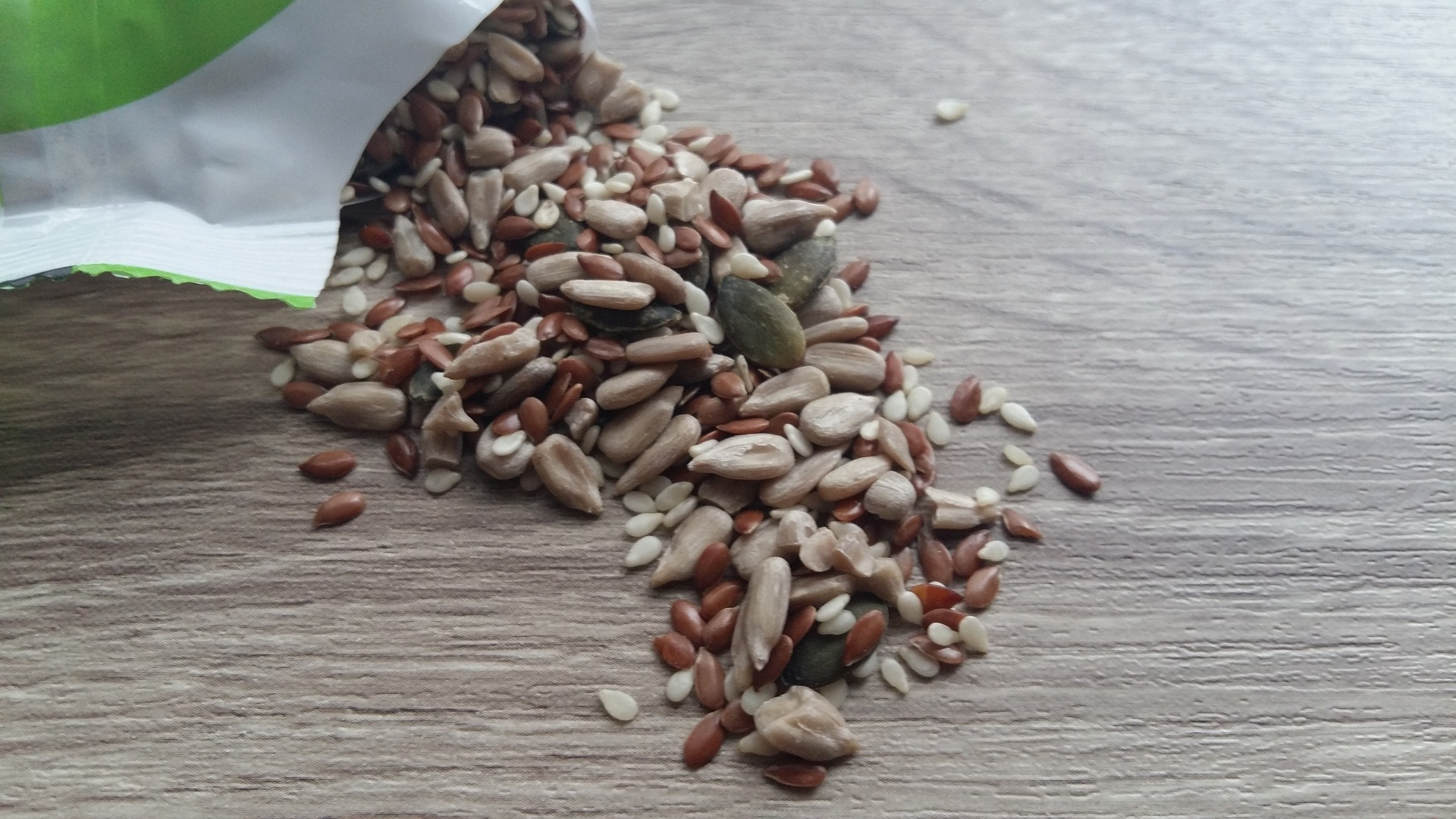News release
From:
Low Plant Omega-3 Levels May Worsen Heart Failure Prognosis
Research out of Spain shows more prospective trials needed to support the complexity of plant-based supplementation
WASHINGTON (October 24, 2022) — In a new study published today in the Journal of the American College of Cardiology, researchers out of Barcelona, Spain, found that heart failure patients with lower alpha-linolenic acid levels (ALA, the main plant omega-3) had a worse prognosis during follow-up, compared with individuals with higher levels. The benefits of dietary omega-3 fatty acids has been well-established in previous studies, but research into ALA levels and heart failure risk has been less explored.
“We hope that these findings can pave the way for future trials to test whether regular consumption of foods rich in ALA could serve as a preventive strategy to improve outcomes and promote quality of life in heart failure patients with low circulating ALA,” said Aleix Sala-Vila, researcher at Hospital del Mar Medical Research Institute in Barcelona, Spain, and senior author of the study.
The researchers obtained data and blood samples from 905 ambulatory patients with heart failure between June 2006 and September 2020. The researchers tested blood samples for ALA levels and were broken down as a percentage of the total of 20 determined fatty acids. After a follow-up of 2.4 years, the researchers documented 140 all-cause deaths, 85 cardiovascular deaths and 141 first heart failure hospitalizations.
The researchers observed statistically significant reductions for all-cause death, first heart failure hospitalization and cardiovascular death in individuals with higher blood serum levels of ALA.
The findings show that once heart failure is present in an individual, increasing ALA levels may be tied to a better prognosis. In addition, plant-based diets may have a positive effect on heart failure prognosis, and foods rich in ALA (flaxseed oil, walnuts, chia and canola oil) are a possible preventive tool to stop or delay the continuum of heart failure.
“The findings from the researchers are hypothesis generating. Their proposal of a potential role for this source of nutrition in improving the morbidity and mortality rates of patients with heart failure cannot be substantiated yet,” said Abdallah Al-Mohammad, a professor of cardiology at the University of Sheffield in the United Kingdom and author of the accompanying editorial comment. “The road ahead is not predictable, as studies in the field varied between protective and neutral affects on incident heart failure. This study opens the field into more questions; the judge and jury for these cases shall be more prospective randomized controlled clinical trials.”



 International
International


